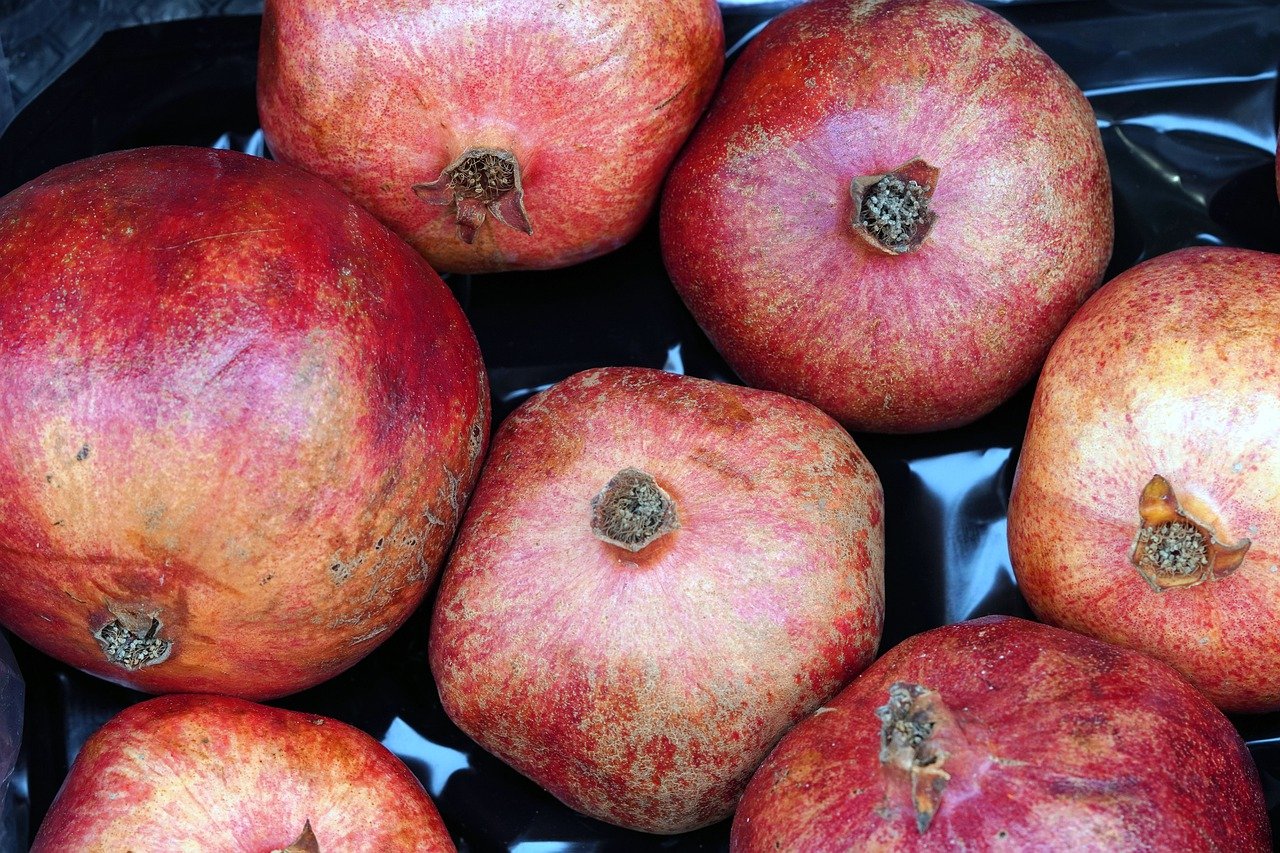Nutrient-dense foods have garnered significant attention in recent years as health-conscious individuals seek to optimize their diets. With the increasing prevalence of processed foods, understanding the importance of nutrient density is crucial for maintaining overall health and well-being. In this blog post, we’ll delve deeply into what nutrient-dense foods are, their benefits, how to incorporate them into your diet, and which specific foods to focus on. Join us on this journey towards better nutrition.
What Are Nutrient-Dense Foods?
Nutrient-dense foods are those that provide a high amount of vitamins, minerals, and other beneficial nutrients relative to their calorie content. Essentially, these foods pack a lot of nutrition into a small number of calories. Examples include fruits, vegetables, whole grains, lean proteins, and legumes, among others.
The Importance of Nutrient Density
- Promotes better health outcomes
- Aids in weight management
- Improves energy levels
- Supports optimal bodily functions
According to the Centers for Disease Control and Prevention (CDC), increasing nutrient-dense foods can reduce the risk of chronic diseases such as heart disease and diabetes.
Benefits of Eating Nutrient-Dense Foods
Incorporating more nutrient-dense foods into your diet can lead to various health benefits. Here are some significant advantages:
1. Enhanced Weight Management
Choosing nutrient-dense foods rather than calorie-dense foods can assist in weight management. These foods are often lower in calories while providing essential nutrients.
- High fiber: Foods like beans and whole grains promote feelings of fullness.
- Reduced snacking: Nutrient-dense options can help curb cravings for less healthy snacks.
2. Increased Energy Levels
Fueling your body with nutrient-dense foods helps maintain stable energy levels throughout the day.
- Complex carbohydrates: Foods like oats and quinoa provide lasting energy.
- Healthy fats: Avocados and nuts can help sustain energy without crashes.
3. Disease Prevention
Regular consumption of nutrient-dense foods can decrease your risk of various diseases.
- Heart health: Foods rich in omega-3 fatty acids, like fatty fish, are beneficial for cardiovascular health.
- Bone health: Foods high in calcium and vitamin D, such as leafy greens and dairy, support strong bones.
Top Nutrient-Dense Foods to Include in Your Diet
Here’s a list of some of the top nutrient-dense foods you should consider incorporating into your meals:
- Leafy Greens: Spinach, kale, and Swiss chard are rich sources of vitamins A, C, and K.
- Cruciferous Vegetables: Broccoli and Brussels sprouts provide fiber and anti-cancer compounds.
- Berries: Blueberries and strawberries are loaded with antioxidants and low in calories.
- Legumes: Lentils and chickpeas are great plant-based sources of protein and fiber.
- Fatty Fish: Salmon and mackerel are excellent sources of omega-3 fatty acids.
How to Incorporate Nutrient-Dense Foods into Your Meals
Integrating nutrient-dense foods into your daily routine can be simple and rewarding. Here are some practical tips:
1. Meal Planning
Plan your meals around nutrient-dense foods to ensure you have nutritious options available:
- Create a weekly menu that includes various fruits, vegetables, and whole grains.
- Batch-cook meals that can be easily reheated during the week.
2. Smart Snacking
Choose snacks that are both satisfying and nutrient-dense:
- Opt for fresh fruit or vegetable sticks with hummus.
- Include nuts or Greek yogurt as healthy snack options.
3. Cooking Methods
Utilize cooking methods that preserve nutrients:
- Steam, bake, or grill vegetables instead of frying them.
- Incorporate raw foods in salads or smoothies to retain maximum nutrients.
Conclusion
Incorporating nutrient-dense foods into your diet offers numerous health benefits, including weight management, increased energy, and disease prevention. By focusing on these foods, you not only enhance your nutrition but also enjoy a more fulfilling and vibrant lifestyle. Start small by adding more leafy greens to your meals, snacking on berries, or including fatty fish in your weekly menu. Remember, making gradual changes can lead to lasting habits that significantly improve your overall health. Embrace the journey towards a healthier you with nutrient-dense foods!






